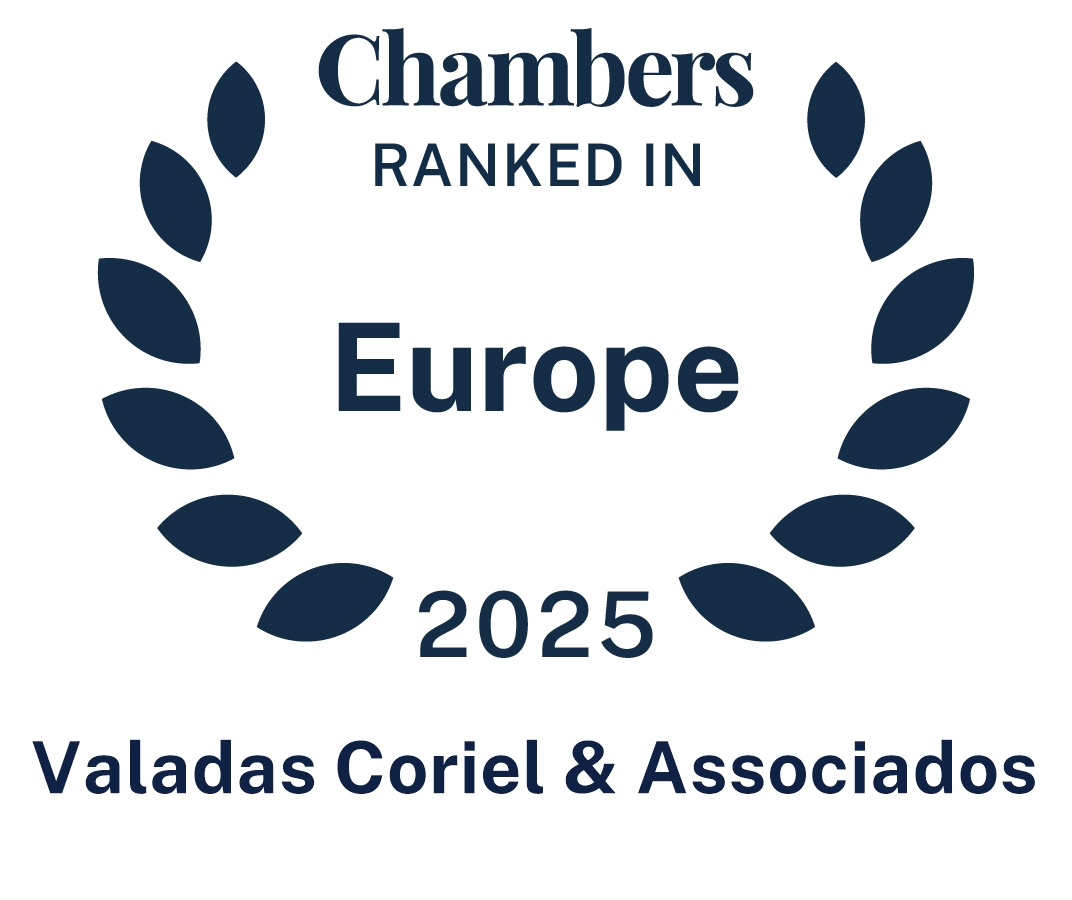On 5 September 2025, Portugal officially removed Hong Kong, Liechtenstein and Uruguay from its list of countries and territories considered to have a more favourable tax regime (the “blacklist”).
The change will apply from 1 January 2026.
Why the change?
The decision follows requests submitted by the three jurisdictions and a positive technical assessment by the Portuguese Tax Authority. It also aligns with EU policy, as none of these jurisdictions are currently on the EU’s list of non-cooperative jurisdictions for tax purposes. In addition, in the case of Hong Kong, the existence of a Double Tax Treaty with Portugal was a key factor, as it already provided a framework of cooperation and made its continued inclusion in the blacklist less justifiable.
Practical implications
From 2026 onwards, the exclusion of these jurisdictions will have several effects, including:
- Real estate investments: non-resident investors will no longer face punitive tax treatment for property purposes.
- Cross-border payments: Portuguese companies making payments (interest, royalties, service fees) to these jurisdictions should no longer face denial of deductibility or 35% autonomous taxation.
- Withholding taxes: dividends, interest, and royalties will follow domestic law and treaty provisions, when applicable.
- Participation exemption regime: inbound dividends and capital gains from entities in these jurisdictions may now benefit from participation exemption.
- NHR 2.0 (IFICI): Income sourced in these jurisdictions will qualify as exempt under the new framework.
What’s next?
After Andorra, this is the second successful case of a jurisdiction being removed from the blacklist following a formal request. The precedent shows that delisting is possible where alignment with Portuguese and EU standards can be demonstrated.
Portugal still keeps 77 jurisdictions on its list, leaving room for further updates in the future. See the consolidated version of the list here.
Tax Department
João Valadas Coriel | Sofia Quental | Inês Grácio | Catarina Amaral













